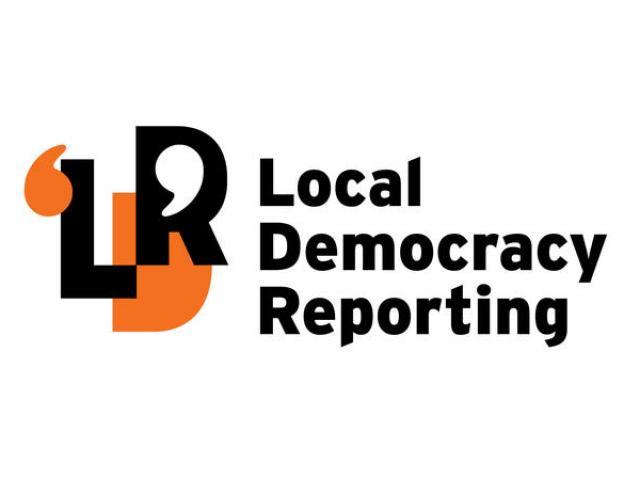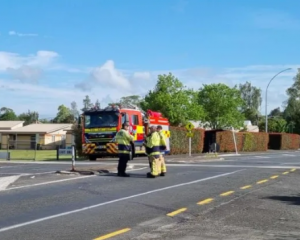Driving past road works at the Ashburton Domain, where a new replacement kerb and channel was being installed, he said he could not understand why the road cones stretched the entire length of the worksite "almost touching each other".
"It's just excessive, and I see it as having no respect for the ratepayers' money," he said.
"It's already fenced on both sides, so really you only need a few dozen cones as the fence is the barricade but then you have this long line of I don't know how many road cones.
"The number of cones is completely unnecessary."

Roading contractors were wasting too much money on over-the-top safety measures, especially road cones, he said.
"It certainly needs to be looked at."
Ashburton District Council contractors had been renewing the kerb and channel on Walnut Ave, between Oak Grove and West St/SH1 since 20 May.
Council infrastructure and open spaces group manager Neil McCann said the project costs of $180,000 included around $4000 (2.2 per cent) for cones, fencing and temporary pedestrian crossings.
"Given that this work involves large heavy machinery, an open trench, and is also well used by Ashburton College, domain users and a rest home, the thorough safety measures to protect the public and the construction are appropriate and necessary."
The work was being carried out in three segments, starting at the Oak Grove end in late May.
The new kerb and channel were not as deep as the old one, but would be higher than a standard kerb to make it difficult for vehicles to be able to drive up onto the Ashburton Domain, McCann said.
Logan's observations came after Transport Minister Simeon Brown put NZ Transport Agency Waka Kotahi on notice over the cost of its traffic management.
Brown told a Budget scrutiny select committee last month it was "unacceptable" that NZTA did not know the costs of what was spent on temporary traffic management.
On top of making NZTA start to measure the costs from September, a new, less prescriptive code was coming in that should be more efficient, he told MPs.
"I've received advice that in some cases where traffic management's been proscribed, it's actually more dangerous putting out the road cones than it is actually doing the work," Brown said.
"So we actually just have to take a 'safety at a reasonable cost' approach, rather than a 'safety at any cost' approach."
A recent Waka Kotahi study found at many sites, road cones were being left out unnecessarily, frustrating motorists, he said.
"There's been an infestation."
-By Jonathan Leask, Local Democracy Reporter
- LDR is local body journalism co-funded by RNZ and NZ On Air.














